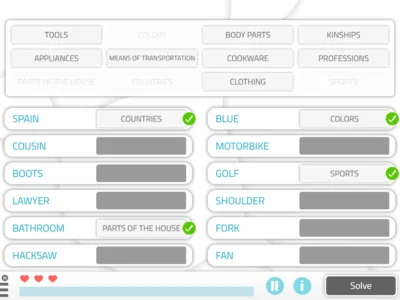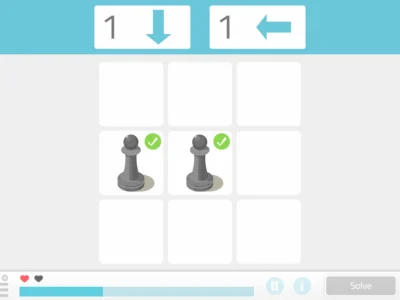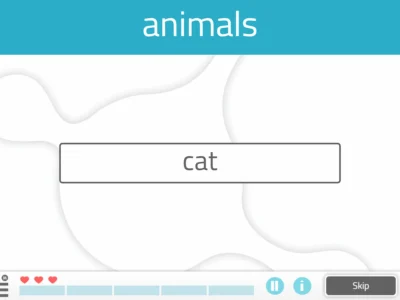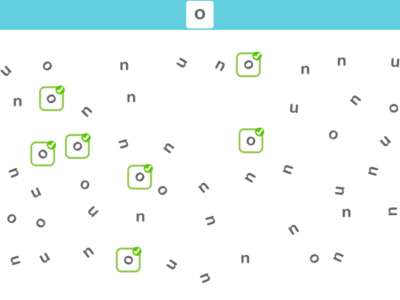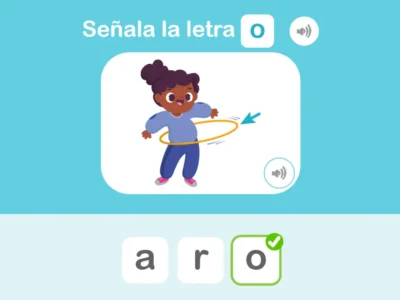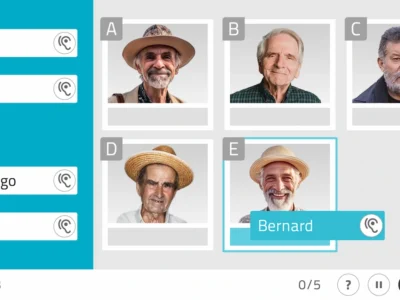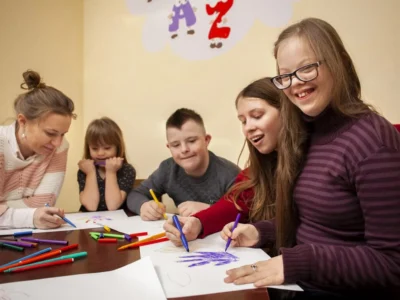We use first-party and third-party cookies to analyze how the website is used and to personalize it according to your preferences.
The technical storage or access is strictly necessary for the legitimate purpose of enabling the use of a specific service explicitly requested by the subscriber or user, or for the sole purpose of carrying out the transmission of a communication over an electronic communications network.
The technical storage or access is necessary for the legitimate purpose of storing preferences that are not requested by the subscriber or user.
The technical storage or access that is used exclusively for statistical purposes.
Technical storage or access that is used for anonymous statistical purposes only. Without a request, voluntary compliance by your Internet Service Provider, or additional records from a third party, information stored or retrieved solely for this purpose cannot be used to identify you.
The technical storage or access is required to create user profiles to send advertising, or to track the user on one website or across several websites for similar marketing purposes.
